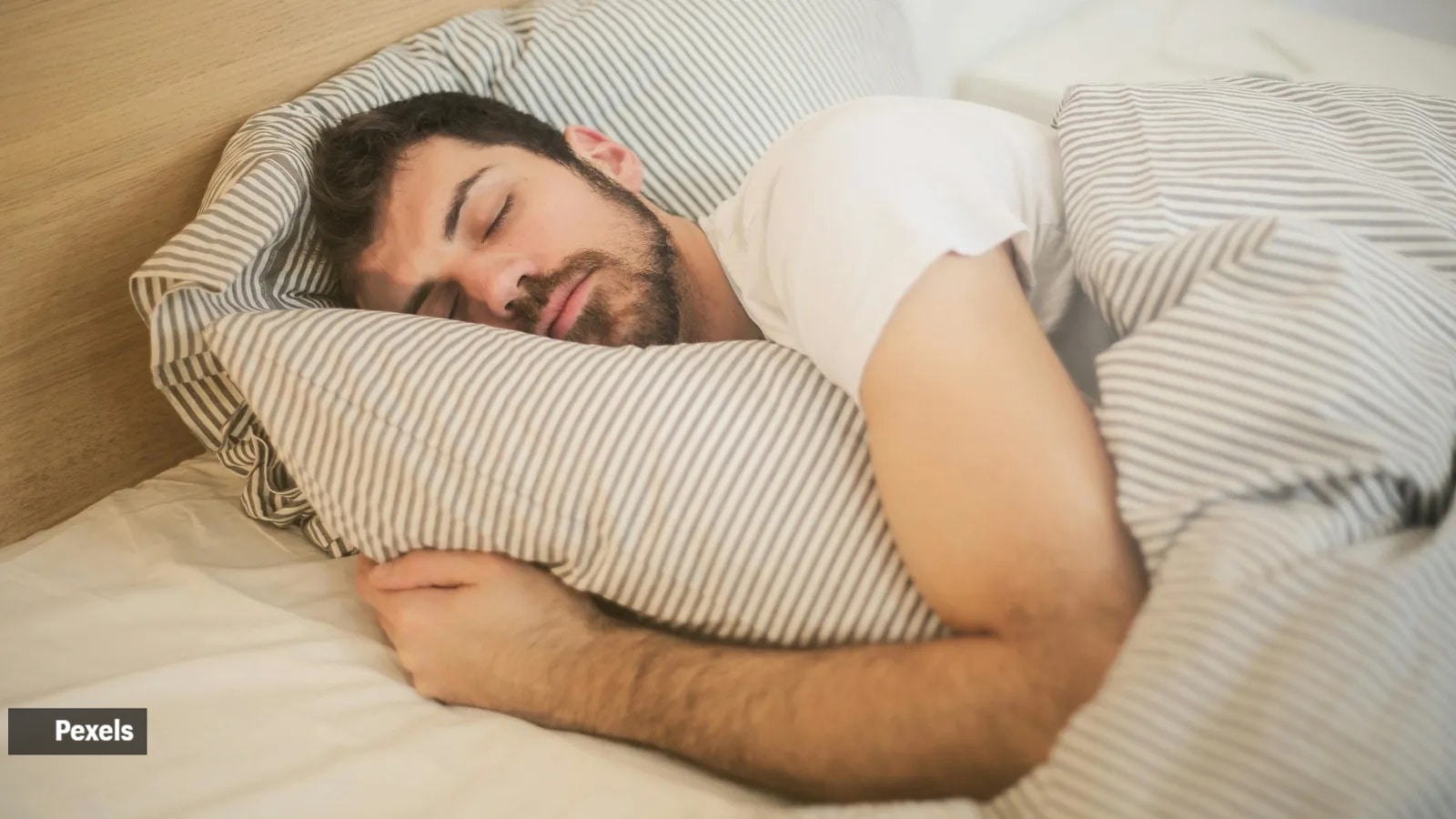Shahid Kapoor follows a vegetarian meal plan and stays away from extreme diets. That’s not all. The Deva actor also avoids binge eating at night. “I don’t have a 3 am meal. I am very particular. I don’t eat in the middle of the night,” Kapoor said.
In an old interaction with CurlyTales, the 44-year-old added, “I try to maintain a 12-hour gap between meals. On a good day, my last meal would be at 8 p.m., but sometimes, it’s at 9 p.m., and I am very grumpy about it.”
Taking a cue from his admission, let’s understand the benefits of having an early dinner.
According to Preety Tyagi, health coach and founder of MY22BMI, mindless eating, especially late nights, is an eating behaviour in which you’re unaware of the quality or quantity of food you consume. “It often happens when your mind is distracted and your awareness is completely absent. When you are overworked with deadlines approaching, your emotions trick you into consuming more food even when you don’t need to,” added Tyagi.
According to her, one should address their emotional needs with something other than food. “Because whatever your problems may be, the solution is not in the fridge,” said Tyagi.
Experts also urge people to finish their last meal of the day at least 2.5-3 hours before bedtime. “Eating later than this contributes to fat storage and, in turn, weight gain,” said Sonia Bakshi, nutritionist and founder of DtF.
Other significant advantages of eating well before bedtime include improved digestion, and sleep quality.
Story continues below this ad
Eating your final meal around 7-8 p.m. allows your body to burn calories effectively and assimilate nutrients before entering its rest and repair mode at night. This is especially significant since our metabolism automatically decreases when we sleep,” added Dt Swatee Sandhan, senior dietician, Jupiter Hospital, Baner, Pune.
Eating late at night implies that food is not properly digested, contributing to weight gain.
 Sleep quality is essential (Photo: Pexels)
Sleep quality is essential (Photo: Pexels)
What more?
Experts add that eating a large meal late at night might interrupt sleep, making it challenging to rest and remain asleep.
Story continues below this ad
“This occurs when the body continues to digest food, which can produce pain, heartburn, and a hyperactive metabolism. When you eat earlier, your body is less prone to encounter these challenges, allowing for deeper, more restorative sleep,” said Sandhan.
DISCLAIMER: This article is based on information from the public domain and/or the experts we spoke to. Always consult your health practitioner before starting any routine.

